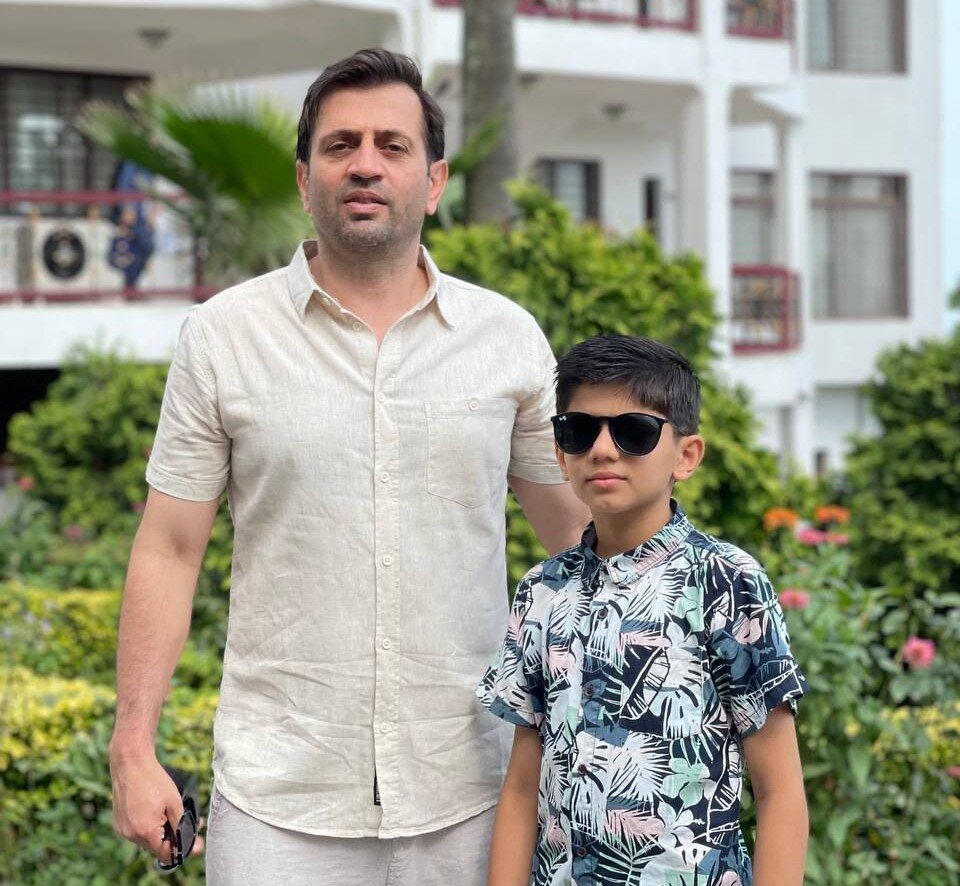
Similar Posts

Iran Ships 700,000+ BCG Vaccine Doses to Venezuela: Strengthening Global Health Partnerships
The Pasteur Institute of Iran has successfully exported over 700,000 doses of the Bacillus Calmette-Guerin (BCG) vaccine to Venezuela, highlighting its role in health diplomacy and international cooperation. The BCG vaccine, essential for protecting children against meningitis and tuberculosis, showcases Iran’s commitment to enhancing its global health influence. The institute, a pioneer in vaccine development since 1947, aims to expand its vaccine offerings to meet global health needs. Additionally, Iran’s medical equipment exports worth $20 million annually reflect its self-sufficiency and commitment to quality healthcare manufacturing. Overall, these initiatives position Iran as a key player in the global health sector.
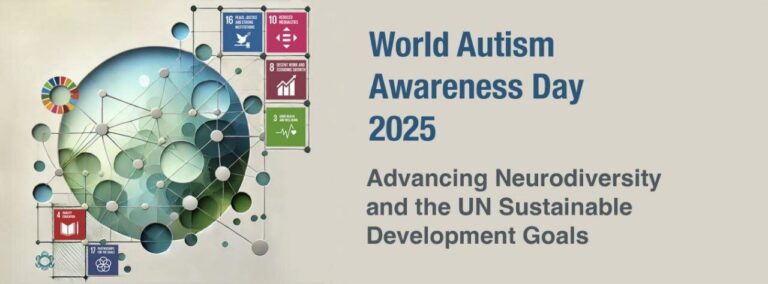
Celebrating World Autism Awareness Day: Championing Neurodiversity and Advancing UN Sustainable Development Goals
World Autism Awareness Day, observed on April 2, aims to raise awareness about autism spectrum disorder (ASD) and promote inclusion for autistic individuals. ASD presents challenges in social interaction, communication, and behavior, with varying needs across the spectrum. In Iran, approximately 1 in 150 children is diagnosed with autism, and initiatives are being launched to enhance awareness, including workshops and the establishment of rehabilitation centers. This year’s theme emphasizes neurodiversity and its connection to global sustainability goals. The event will feature discussions on inclusive healthcare, education, and community design, advocating for equal opportunities and recognition of autistic contributions to society.
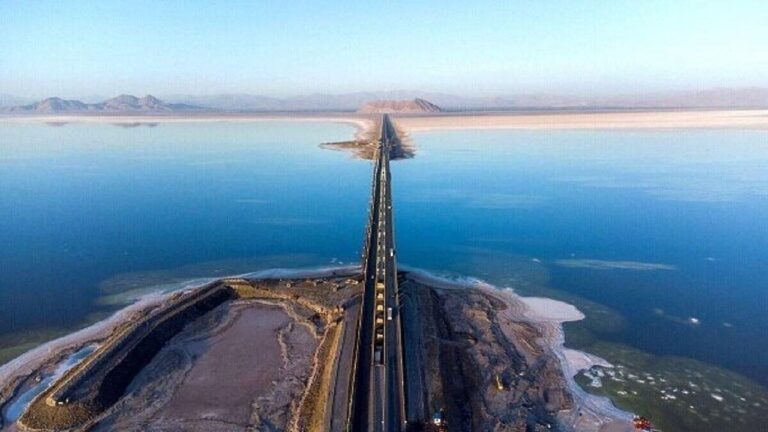
Lake Urmia Shrinks: Impact of Low Rainfall on Iran’s Vanishing Treasure
Lake Urmia, the largest lake in West Asia, is experiencing a critical decline due to reduced precipitation, shrinking from 1,350 square kilometers to 1,140 square kilometers since last year. The lake’s water level has dropped to 1270.28 meters, with its volume decreasing from 1.8 billion cubic meters to 1.63 billion. Factors such as climate change and overconsumption of water resources have disrupted its ecological balance. To combat this crisis, a UNDP-led project aims to promote sustainable agriculture and conserve wetlands from 2024 to 2028. Ongoing restoration efforts emphasize the need for effective water management to preserve this vital ecosystem.
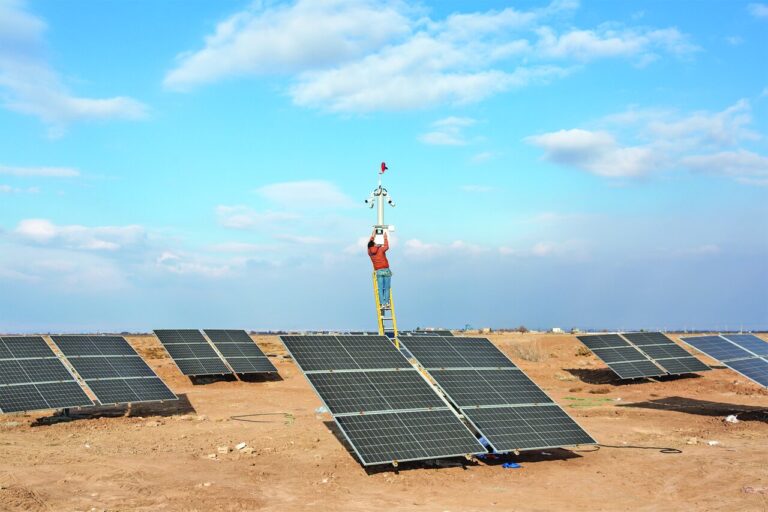
Empowering a Sustainable Future: The Impact of Clean Energy on Our Planet
In Neyshabur, Iran, households are adopting solar power to reduce greenhouse gas emissions and promote sustainability, aligning with the upcoming Earth Day theme, “Our Power, Our Planet,” which calls for global support for renewable energy. This shift to solar energy decreases carbon footprints, lowers energy costs, enhances energy independence, and creates jobs. The benefits extend to improved air quality and community engagement, showcasing the importance of localized renewable energy solutions. As Earth Day approaches, Neyshabur’s initiative serves as an example for others, highlighting the collective responsibility to embrace sustainable practices for a healthier planet and a greener future.
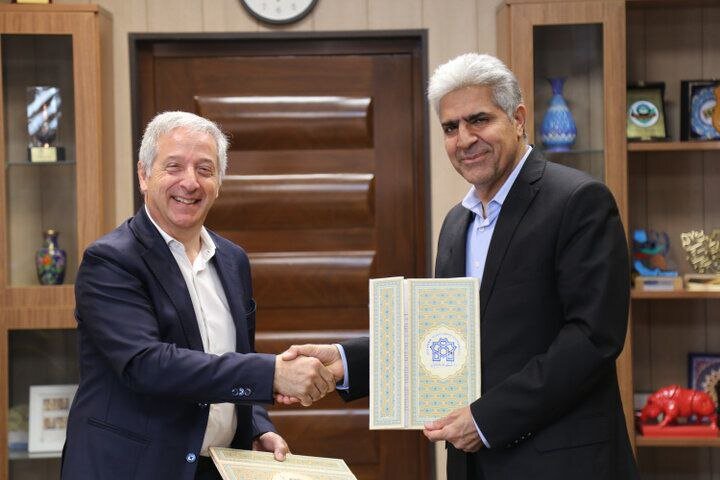
Iran and Italy Forge Strategic Partnership: Universities Sign MOU to Enhance Scientific Collaboration
Allameh Tabatabai University of Tehran and the University of Salento in Italy have signed a memorandum of understanding to boost collaboration in social and human sciences. The agreement includes initiatives like language courses, student and faculty exchanges, a new archaeology major, and joint research projects. Both chancellors, Shoja Ahmadvand and Fabio Pollice, discussed enhancing academic ties through virtual courses and sabbatical opportunities. Additionally, Luiss University in Italy expressed interest in strengthening ties with Iranian institutions. Recent QS rankings highlighted the academic progress of Iranian universities, with 17 recognized across various fields, particularly engineering and life sciences.
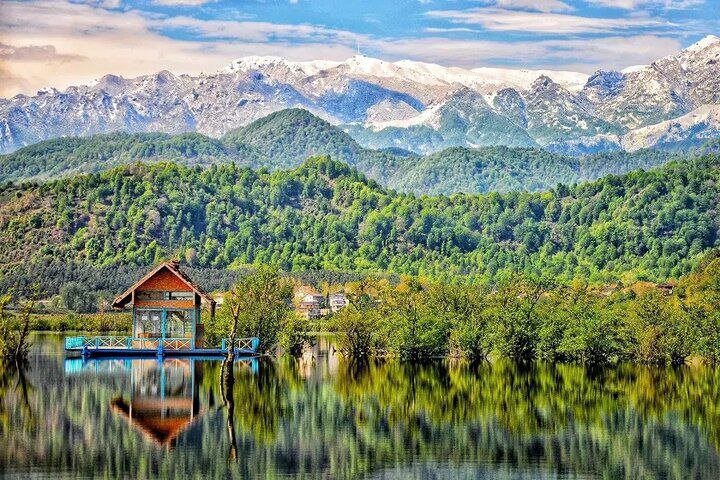
World Wetlands Day 2023: Safeguarding Our Future by Protecting Vital Wetlands!
World Wetlands Day, observed on February 2nd, raises awareness of the critical role wetlands play in biodiversity and human life. The 2025 theme, “Protecting Wetlands for Our Common Future,” highlights their significance despite covering only 6% of the Earth’s land. Wetlands support nearly 40% of all plant and animal species and provide essential services like water regulation and livelihood support for over a billion people. However, nearly 90% have degraded since the 1700s. A recent conservation project in Iran has significantly reduced water consumption and increased agricultural production, emphasizing the urgent need for wetland preservation to secure a sustainable future.